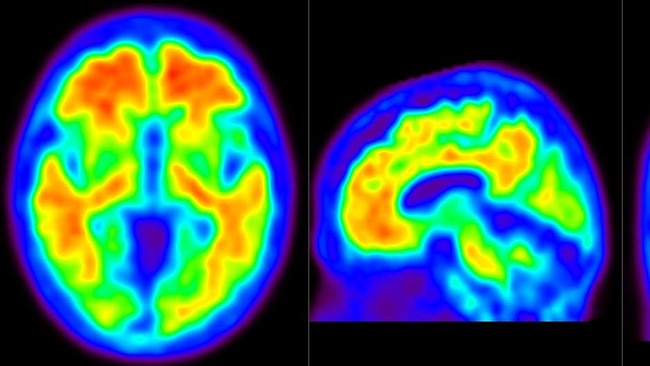Health systems must ‘urgently adapt’ as Alzheimer’s drugs come of age
Australia urged to facilitate earlier diagnosis and intervention in Alzheimer’s disease, as trials find a new drug can slow cognitive decline by 35 per cent if given early.

Australia’s health system needs to urgently adapt to facilitate earlier diagnosis and intervention in the progress of Alzheimer’s disease, leading experts say, as a major international trial finds a new drug, donanemab, slows cognitive decline if given in the early stages of dementia.
The Phase 3 clinical trial data findings of Eli Lilly’s drug were presented to the Alzheimer’s Association International Conference in Amsterdam, with donanemab becoming the second drug this year found to significantly slow the disease’s progression.
The trial data revealed the drug was effective in clearing amyloid plaques from brains, particularly of those with early onset dementia.
The Trailblazer-ALZ 2 study of donanemab findings, published in the Journal of the American Medical Association, showed those taking the drug had “less worsening” of cognitive endpoints than a placebo group after 18 months. Those taking the drug had a worsening of severity of their dementia of 1.72 points on the Clinical Dementia Rating Scale, compared with a worsening of 2.42 points for those receiving placebo, for a difference of 0.7 points.
The trial results reported disease progression was delayed by four to six months in those taking the drug, with 47 per cent of participants with low to medium levels of tau protein in their brain scans taking donanemab considered stable at one year as compared to 29 per cent of participants on placebo.
“This research adds further weight to the body of evidence that amyloid plaque-clearing is an effective treatment approach in early Alzheimer’s disease,” said Tori Brown, general manager, Eli Lilly Australia & New Zealand.
Donanemab is a monoclonal antibody drug given intravenously and designed to clear the brain of amyloid plaque.
Alzheimer’s researchers described the findings as significant, but there were some concerning safety signals in the trial results, with three deaths in the donanemab group and one in the placebo group that were considered “treatment-related”.
The drug is associated with brain swelling, with the manufacturer acknowledging “there are associated risks that may be serious and life-threatening”.
Neuroepidemiologist Blossom Stephen, chair of Dementia at Curtin University and Dementia Australia, described the trial results as exciting, saying they offered hope for future dementia sufferers.
The announcement follows the approval in the US of Alzheimer’s drug lecanemab, which is also an IV drug for patients with mild dementia and other symptoms caused by early Alzheimer’s disease.
The Therapeutic Goods Administration in Australia is currently evaluating an application for registration of that drug here.
There are expectations that Australia will have at least one Alzheimer’s drug approved within two years, but whether the drugs will be funded on the Pharmaceutical Benefits Scheme is uncertain.
Dementia researchers and advocates are calling on governments to urgently prepare the health system to facilitate earlier diagnosis of Alzheimer's disease, given the monoclonal antibody drugs are effective only if given early in the disease progression.
“This is going to throw up hugely significant changes for the healthcare system and how it functions at the moment,” Professor Stephen said. “We need mechanisms in place for earlier diagnosis, training in individuals and healthcare professionals to make those diagnoses, scanning facilities to identify amyloid load.
“The drug is currently administered by infusion, so we would also need to have infusion centres available to individuals.”
Dementia is the second leading cause of death in Australia, and the leading cause of death for women. Alzheimer’s disease is the cause of dementia in around two-thirds of cases. Around half a million Australians are currently living with dementia.




To join the conversation, please log in. Don't have an account? Register
Join the conversation, you are commenting as Logout